Directed and written by: Eva Victor
Starring: Eva Victor, Naomi Ackie, Lucas Hedges, Kelly McCormack, Louis Cancelmi, and John Carroll Lynch
Runtime: 103 minutes
‘Sorry, Baby’: This sensitive and quirky college-town dramedy is unapologetic with its nuanced, genuine approach in dealing with trauma
In a June 2025 Stephen Colbert interview, he asks “Sorry, Baby” director/writer/star Eva Victor how she balanced a heavy subject, trauma that her character suffers, along with plenty of humor during other moments of the film.
“It’s hard. I don’t know. I think you write something sad, and then (you think), ‘Well, I need a pick-me-up,’” Victor says.
Well, Eva’s back-and-forth tonal shifts when screenwriting prove to be a winning practice, as she won the 2025 Sundance Film Festival’s Waldo Salt Screenwriting Award for “Sorry, Baby”. Her first attempt at writing and directing a feature film results in a thoughtful, troubling, quirky, and funny R-rated indie, one set in a small college town in rural Massachusetts where the skies are usually gray, and its residents don warm jackets as they leave their homes for work or school every day.
Agnes (Victor) is a bright English Literature PhD student who eventually becomes a professor at the school. She’s in her 20s but hasn’t met the right person yet. Agnes is independent but loves to share her space and thoughts with her warm and supportive BFF, Lydie (Naomi Ackie).
Everyone should have a best friend like Lydie.
Our lead works hard in the classroom and enjoys making her way through her little corner of the world when – suddenly - a disturbing event occurs with her professor, Preston (Louis Cancelmi). Afterwards, Agnes verbalizes the incident to Lydie.
Victor handles the actual episode and explanation to her friend with grace and sensitivity. The director/writer/star doesn’t film the confrontation between Preston and Agnes, but still leaves the audience with a sickening feeling of dread, simply by Victor and cinematographer Mia Cioffi Henry placing the camera out of harm’s way.
This is a moment where moviegoers and critics alike are relieved when Eva doesn’t show us but tells us, which is usually the opposite reaction of a “please show us, don’t just tell us” preference when watching a film.
Eva gives a moving, authentic performance around this subject, and she pulls emotions from a similar event that happened to her in real life. “Sorry, Baby” is based on a personal experience, and the adage “write what you know” is felt here, including Agnes’ lonely, difficult drive home accompanied by a ringing-in-your-ears resonance, a sound that signifies that she’s dizzy and distracted in the aftermath.
As mentioned on Colbert, Victor certainly includes pick-me-ups as well and channels her humor through her character’s everyday discourse with Lydie, sexual tension with her neighbor, Gavin (Lucas Hedges), sarcastic snaps with a school rival, Natasha (Kelly McCormack), and a wonderful, friendly, and frank exchange with Pete (John Carroll Lynch), a sandwich shop owner with a willing ear to listen and a voice to dispense sound advice.
All the above characters are welcomed presences whenever they grace the screen in anticipation of empathetic or lively banter. A prime example is when Lydie parts with Agnes, and this critic felt a bit of sadness as she leaves, but voila, Lydie thankfully appears straight away due to the screenplay’s chapter format. Victor also effectively gives the supporting cast their own voices, rather than falling into the rookie writer’s trap of presenting the same declarations, timing, and style for many characters.
Agnes finds a stray cat, which will warm the cat-lovers crowd’s hearts, and this fuzzy, four-legged cutie has a unique voice as well!
“Sorry, Baby” doesn’t purr and pat the 103-minute runtime with heavy, dark cliches regarding Agnes’ healing. Instead, Victor uses a nuanced approach. Agnes still works, leaves the house, has a life, and sees her small circle of friends, which, granted, could be two. Her self-repair journey is uneven, with some setbacks and unexpected anguish or aches that appear out of nowhere.
Sometimes in life, pick-me-ups are soon followed by pick-me-downs.
“Sorry, Baby” is a film to pick at your local theatre.
Jeff’s ranking
3/4 stars

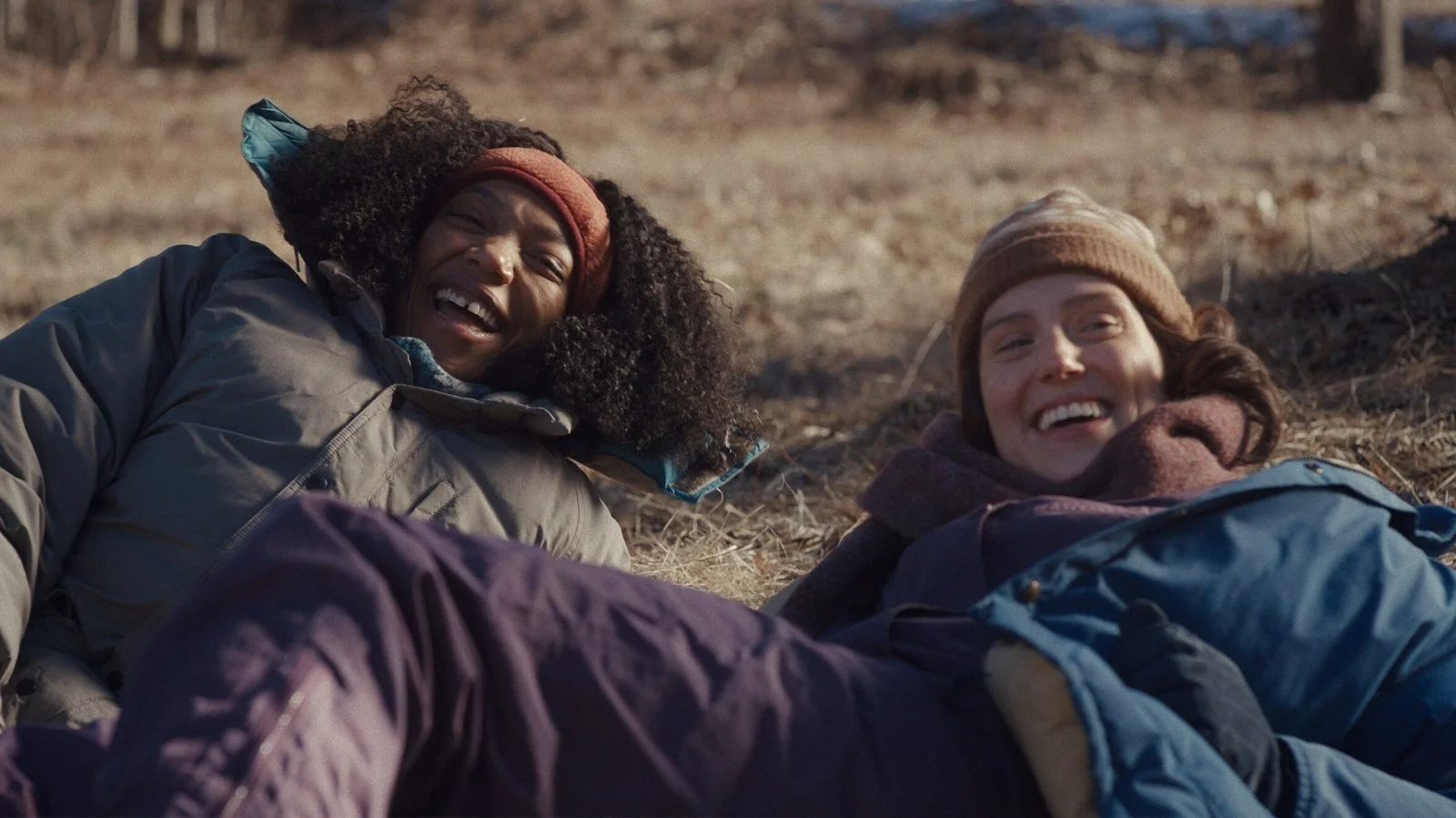
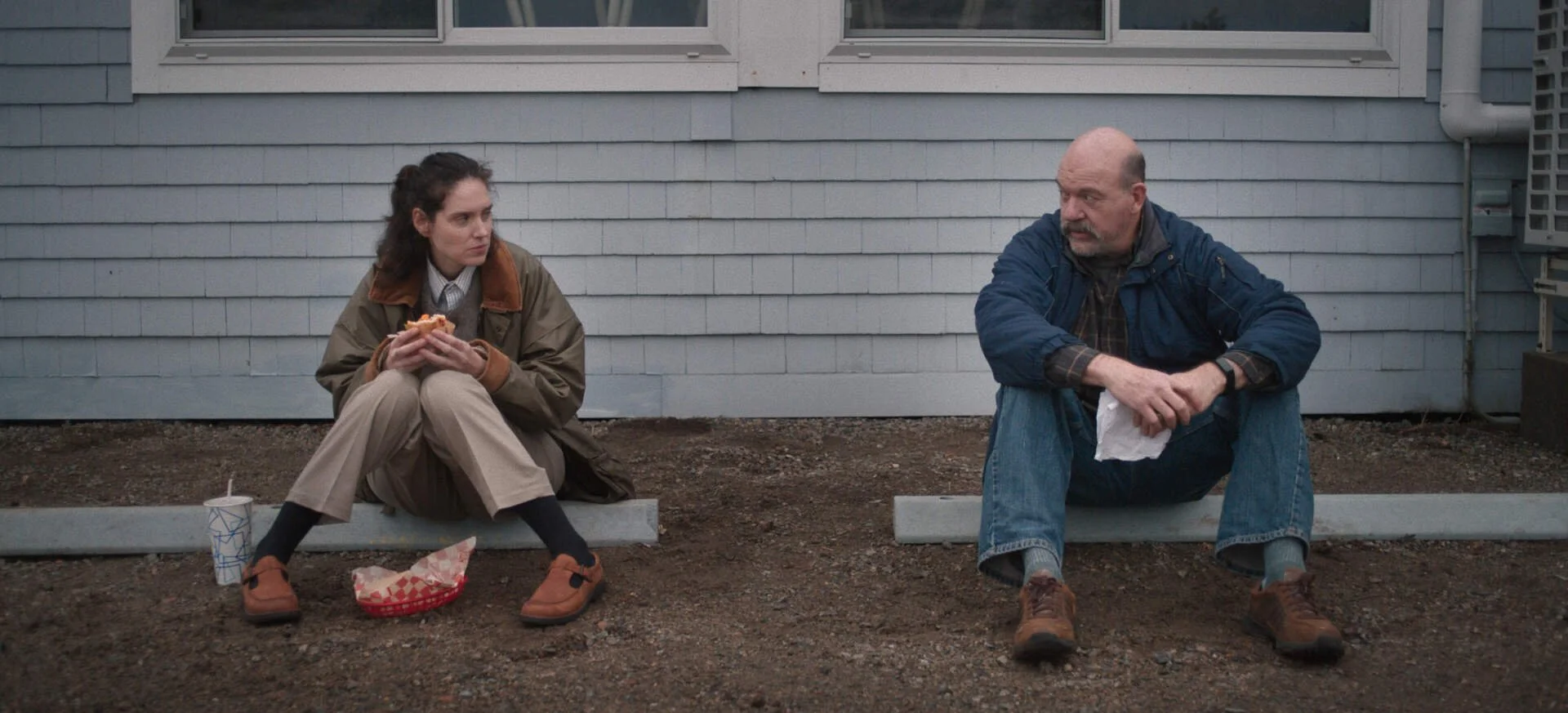
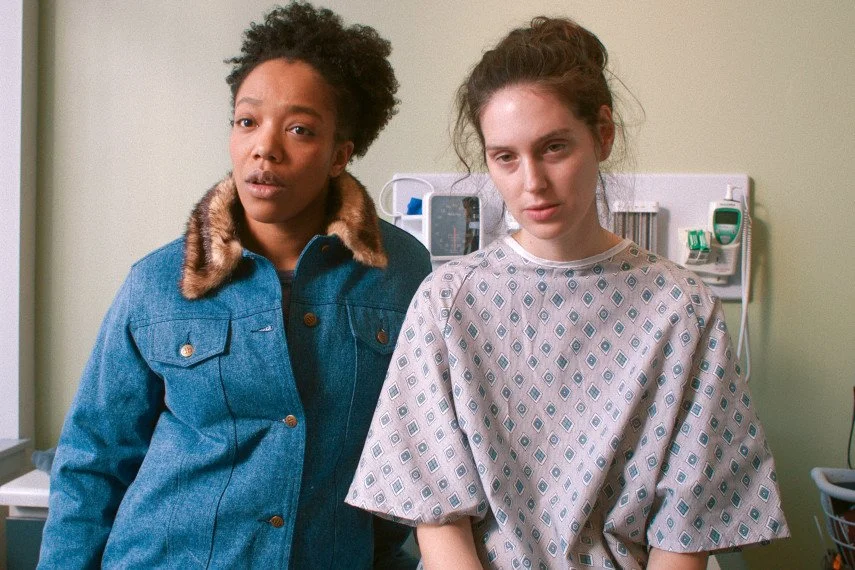
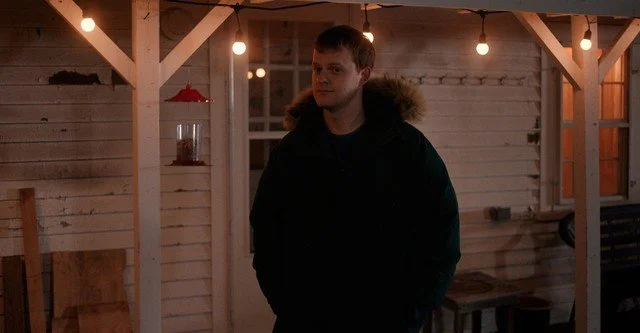






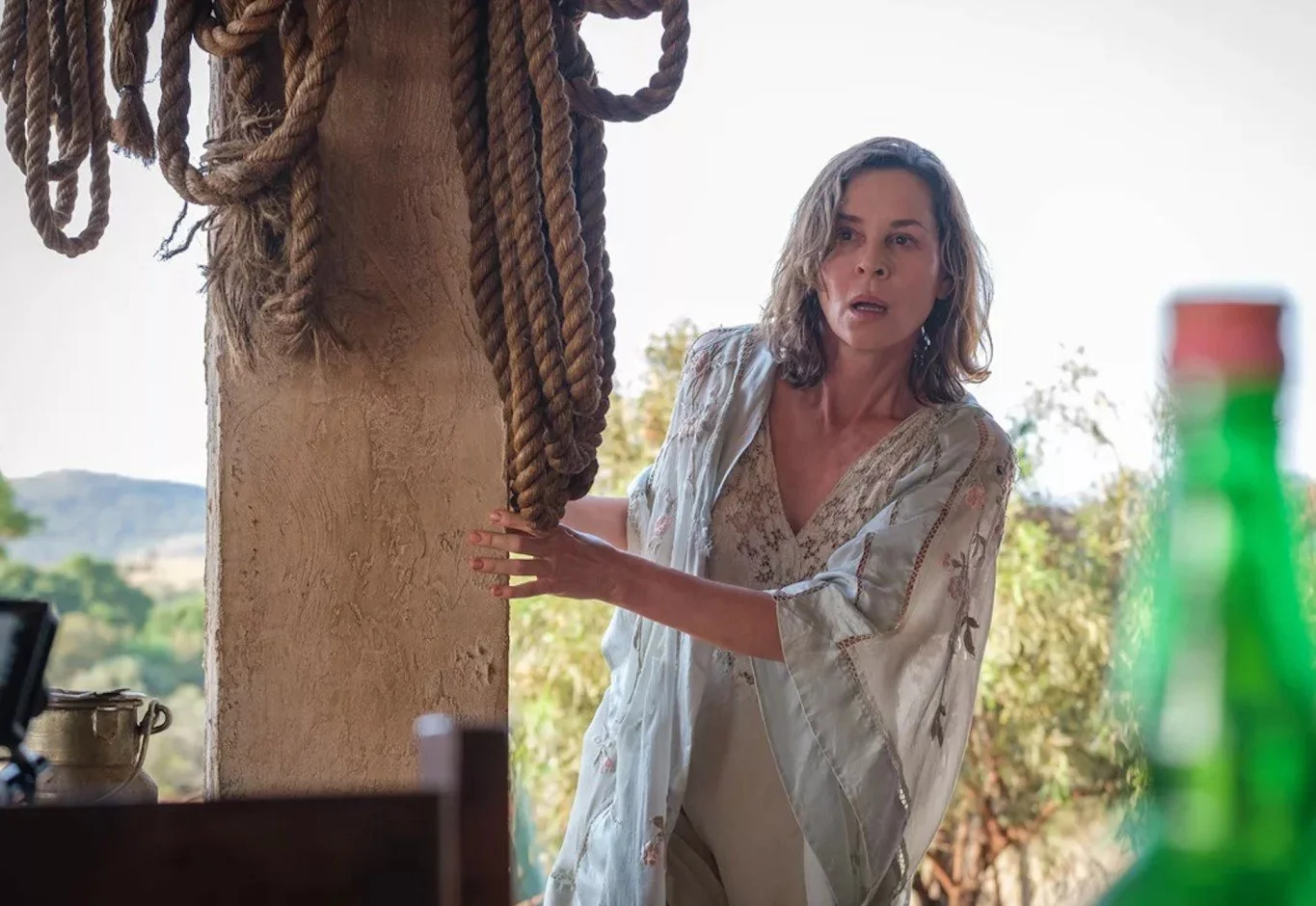
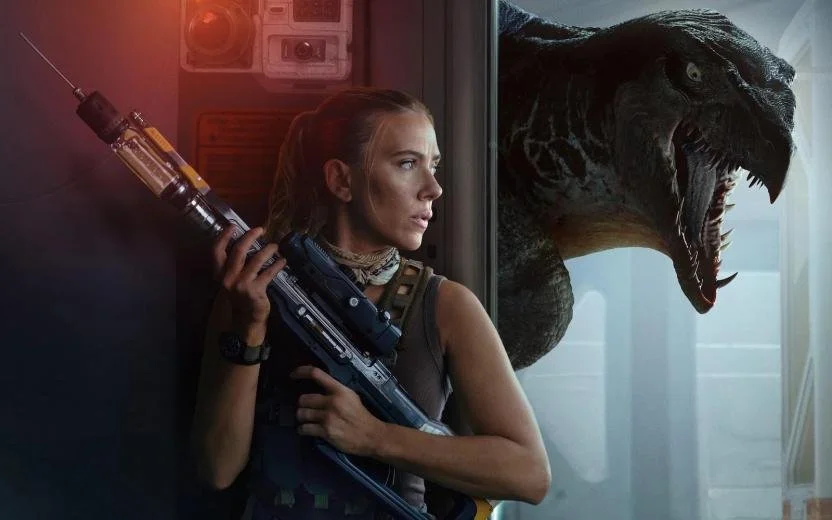
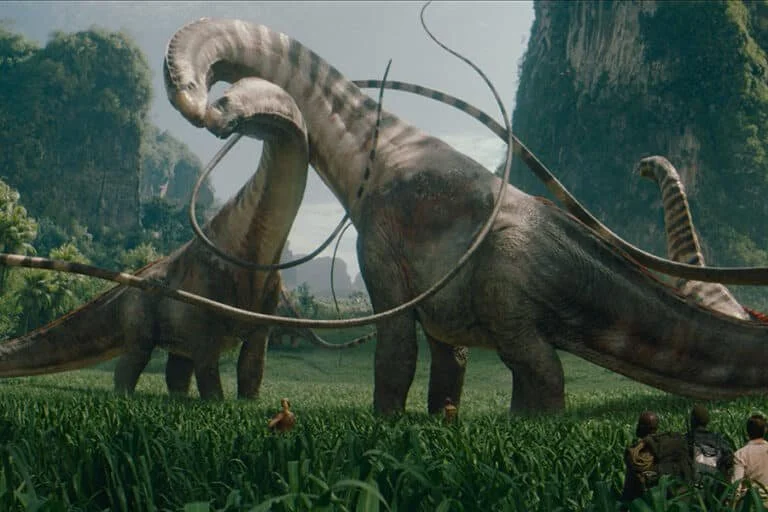
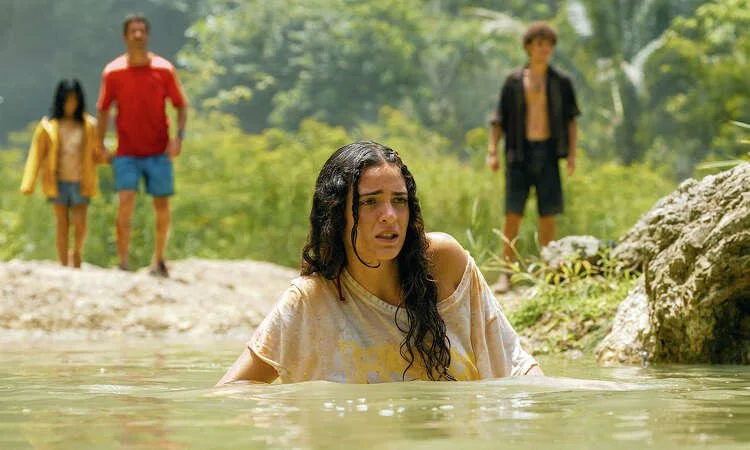

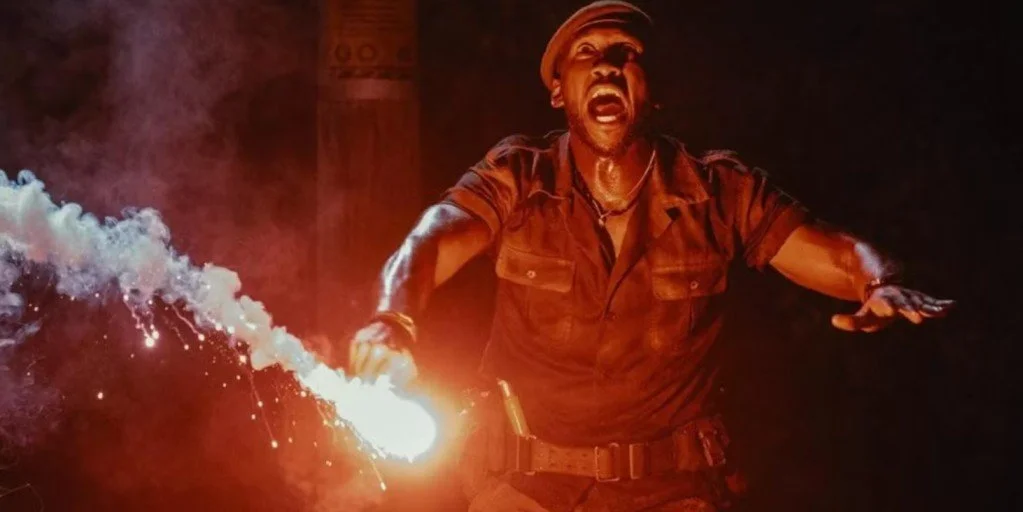

 The Magnificent Seven
The Magnificent Seven
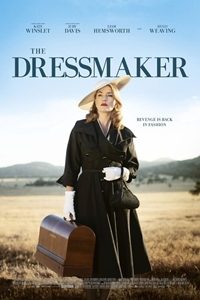 ‘The Dressmaker’ needs some alterations
‘The Dressmaker’ needs some alterations
 ‘Storks’ delivers a fun animated experience
‘Storks’ delivers a fun animated experience
 Oliver Stone’s ‘Snowden’ is a valuable ‘Citizenfour’ companion piece
Oliver Stone’s ‘Snowden’ is a valuable ‘Citizenfour’ companion piece
 Blair Witch
Blair Witch
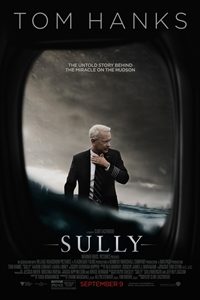 Hollywood legend Clint Eastwood’s 35th directorial effort, “Sully” (3/4 stars), arrives in theatres on Friday, Sept. 9 with Tom Hanks in the title role. The film chronicles U.S. Airways pilot Chesley ‘Sully’ Sullenberger’s heroic landing on the Hudson River in January 2009. With another solid Eastwood film in theatres, this seems like a perfect time reflect upon his work. Although I would love to compile a Top 20, 17 or 15 list, my pragmatic nature and movie critic tendencies “require” me to somehow limit the number of movies to 10, so here are my Top 10 films directed by Clint Eastwood.
Hollywood legend Clint Eastwood’s 35th directorial effort, “Sully” (3/4 stars), arrives in theatres on Friday, Sept. 9 with Tom Hanks in the title role. The film chronicles U.S. Airways pilot Chesley ‘Sully’ Sullenberger’s heroic landing on the Hudson River in January 2009. With another solid Eastwood film in theatres, this seems like a perfect time reflect upon his work. Although I would love to compile a Top 20, 17 or 15 list, my pragmatic nature and movie critic tendencies “require” me to somehow limit the number of movies to 10, so here are my Top 10 films directed by Clint Eastwood. some Union fighters burn his house and kill his wife and son. With nothing to live for, he joins a group of Confederates, and soon after, he finds himself on his own and an outlaw. In a film that truly showcases everything about the American Western, Wales covers a winding story from Missouri to Texas and partners with – at various times – a teenager, two Native Americans and a family from Kansas. Eastwood mixes good fun with plenty of gunfights, as Wales offers a barrel full of memorable lines, countless visuals of his chewing tobacco spit, dead bodies in his wake, and - possibly - a reason to live.
some Union fighters burn his house and kill his wife and son. With nothing to live for, he joins a group of Confederates, and soon after, he finds himself on his own and an outlaw. In a film that truly showcases everything about the American Western, Wales covers a winding story from Missouri to Texas and partners with – at various times – a teenager, two Native Americans and a family from Kansas. Eastwood mixes good fun with plenty of gunfights, as Wales offers a barrel full of memorable lines, countless visuals of his chewing tobacco spit, dead bodies in his wake, and - possibly - a reason to live.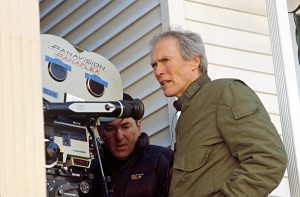 convict from a Huntsville, Texas prison. On the morning after Halloween in 1963, Butch (Costner) and another con kidnap an 8-year-old boy named Phillip (T.J. Lowther). After Butch dumps his partner, the two drive across the state with Texas Ranger Red Garnett (Eastwood) on their tail. The movie volleys between Red and Butch, and it soon concocts a semi-case of Stockholm syndrome for Phillip and the audience. Butch treats Phillip with esteem and kindness, so Costner does not wind up playing a complete bad guy, but Red is an empathetic figure as well. With an occasional protagonist and a fulltime protagonist on opposite sides of the law, “A Perfect World” reminds us that we do not live in one.
convict from a Huntsville, Texas prison. On the morning after Halloween in 1963, Butch (Costner) and another con kidnap an 8-year-old boy named Phillip (T.J. Lowther). After Butch dumps his partner, the two drive across the state with Texas Ranger Red Garnett (Eastwood) on their tail. The movie volleys between Red and Butch, and it soon concocts a semi-case of Stockholm syndrome for Phillip and the audience. Butch treats Phillip with esteem and kindness, so Costner does not wind up playing a complete bad guy, but Red is an empathetic figure as well. With an occasional protagonist and a fulltime protagonist on opposite sides of the law, “A Perfect World” reminds us that we do not live in one.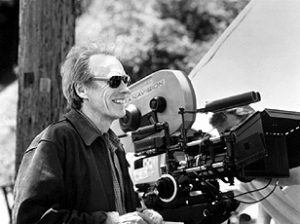 – Sean Penn and Tim Robbins won Oscars for Best Actor and Best Supporting Actor, respectively, in Eastwood’s dark crime tale filled with massive Shakespearean themes, when three childhood friends’ (Penn, Robbins and Kevin Bacon) lives intersect as adults under brutal circumstances. In chilly Boston, a coed is found dead, and the three previously-mentioned men approach the incident from very different perspectives, while the tightly-wound and complicated murder investigation pushes forward. An all-star cast – including, Laurence Fishburne, Marcia Gay Harden and Laura Linney – complete a mesmerizing experience which brings constant thoughts friendships, loyalties and how the sins of the past impact the present. The film’s most memorable line – “The last time I saw Dave” - will haunt you for years.
– Sean Penn and Tim Robbins won Oscars for Best Actor and Best Supporting Actor, respectively, in Eastwood’s dark crime tale filled with massive Shakespearean themes, when three childhood friends’ (Penn, Robbins and Kevin Bacon) lives intersect as adults under brutal circumstances. In chilly Boston, a coed is found dead, and the three previously-mentioned men approach the incident from very different perspectives, while the tightly-wound and complicated murder investigation pushes forward. An all-star cast – including, Laurence Fishburne, Marcia Gay Harden and Laura Linney – complete a mesmerizing experience which brings constant thoughts friendships, loyalties and how the sins of the past impact the present. The film’s most memorable line – “The last time I saw Dave” - will haunt you for years. Best Director, Best Supporting Actor for Gene Hackman, and Best Film Editing and proved – along with “Dances with Wolves” (1990) – that the genre can win the Academy’s top prize. Eastwood delivers a prized role as well as William Munny, an aging cowboy who takes one last bounty hunter job after years of living a clean life. Munny frequently speaks of his violent past, but the audience presently sees a cordial and respectful man, so any previous sinister dealings seem either deeply buried or simply exaggerated. In the movie’s final act, however, Sheriff Little Bill Daggett (Hackman) tests Munny’s patience with potentially explosive consequences. Most everything in the town of Big Whiskey, Wyo. (actually filmed in Alberta, Canada) feels bleak and cold, and the tones match Munny’s job of attempting to kill two cowboys for a group of prostitutes. In this world, no one is completely innocent, and Munny mentions to one of his partners in passing, “We all have it coming, Kid.” Not only does Little Bill have it coming, but so does the Kid, the targeted cowboys, Munny’s other partner named Ned (Morgan Freeman), and Munny himself. Munny’s past sins – unfortunately – are just skin-deep, and even though his wife forgave his past misdeeds, to him, they remain unforgiven.
Best Director, Best Supporting Actor for Gene Hackman, and Best Film Editing and proved – along with “Dances with Wolves” (1990) – that the genre can win the Academy’s top prize. Eastwood delivers a prized role as well as William Munny, an aging cowboy who takes one last bounty hunter job after years of living a clean life. Munny frequently speaks of his violent past, but the audience presently sees a cordial and respectful man, so any previous sinister dealings seem either deeply buried or simply exaggerated. In the movie’s final act, however, Sheriff Little Bill Daggett (Hackman) tests Munny’s patience with potentially explosive consequences. Most everything in the town of Big Whiskey, Wyo. (actually filmed in Alberta, Canada) feels bleak and cold, and the tones match Munny’s job of attempting to kill two cowboys for a group of prostitutes. In this world, no one is completely innocent, and Munny mentions to one of his partners in passing, “We all have it coming, Kid.” Not only does Little Bill have it coming, but so does the Kid, the targeted cowboys, Munny’s other partner named Ned (Morgan Freeman), and Munny himself. Munny’s past sins – unfortunately – are just skin-deep, and even though his wife forgave his past misdeeds, to him, they remain unforgiven. This Crusoe story, ‘The Wild Life’, is visually pleasant but feels lost
This Crusoe story, ‘The Wild Life’, is visually pleasant but feels lost
 Complete Unknown
Complete Unknown
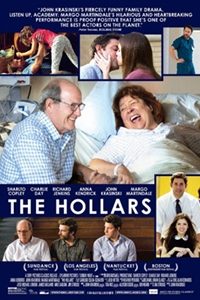 Two solid performances cannot stop ‘The Hollars’ from feeling hollow
Two solid performances cannot stop ‘The Hollars’ from feeling hollow
 The emotional, beautifully-filmed ‘The Light Between Oceans’ had me at G’day
The emotional, beautifully-filmed ‘The Light Between Oceans’ had me at G’day
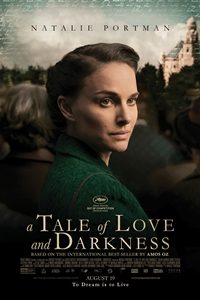 Natalie Portman shines as a master storyteller in “A Tale of Love and Darkness”
By Kaely Monahan
Natalie Portman shines as a master storyteller in “A Tale of Love and Darkness”
By Kaely Monahan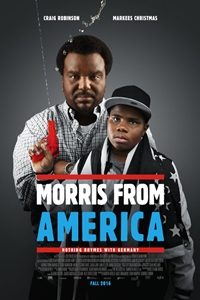 ‘Morris from America’ is a coming-of-age Christmas gift
‘Morris from America’ is a coming-of-age Christmas gift
 Hands of Stone
Hands of Stone
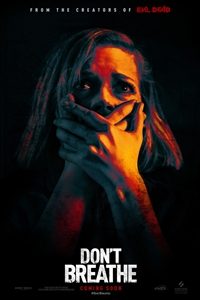 Don’t Breathe
Don’t Breathe
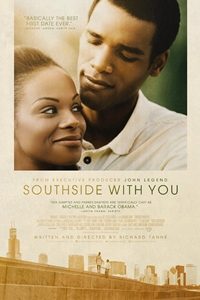 ‘Southside with You’ recalls a very important first date
‘Southside with You’ recalls a very important first date








